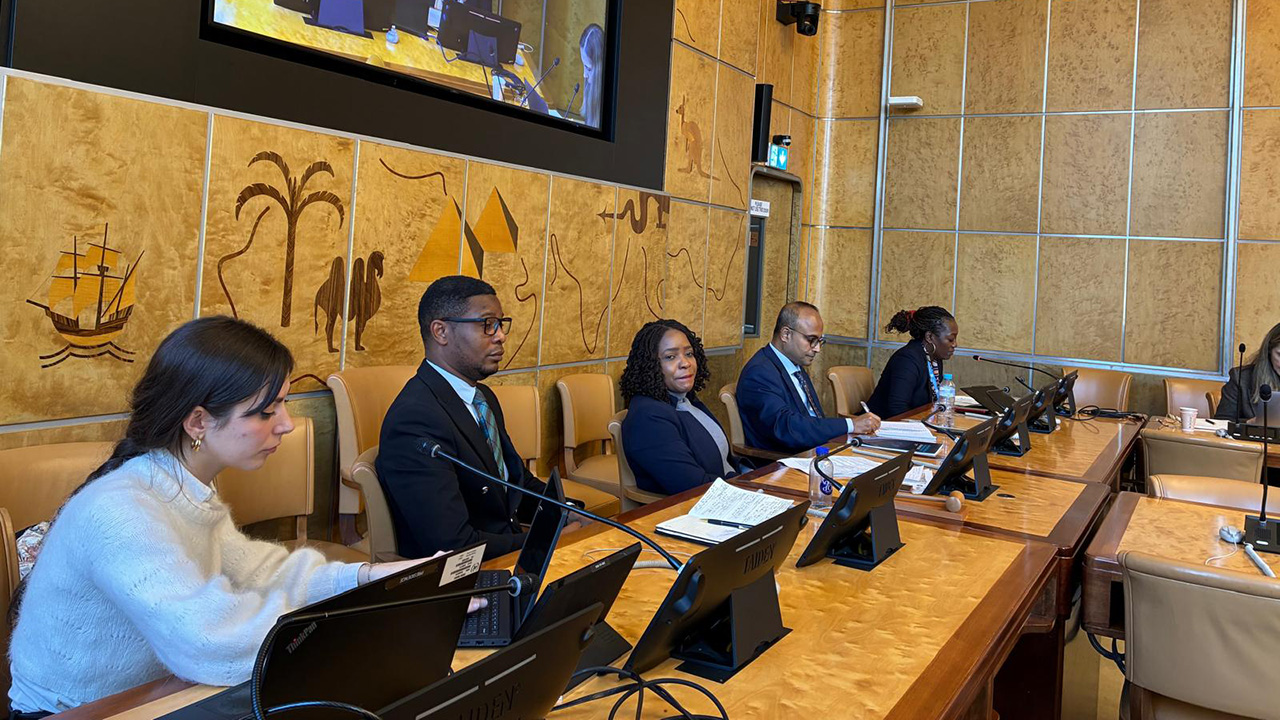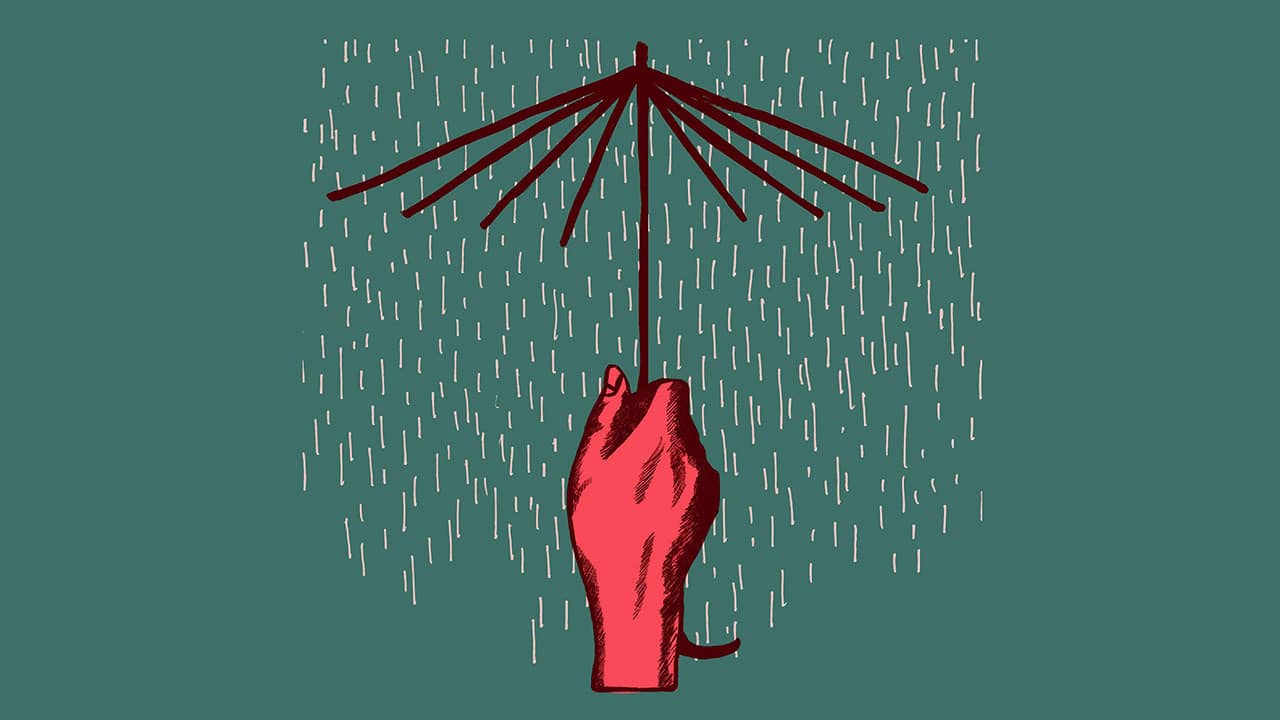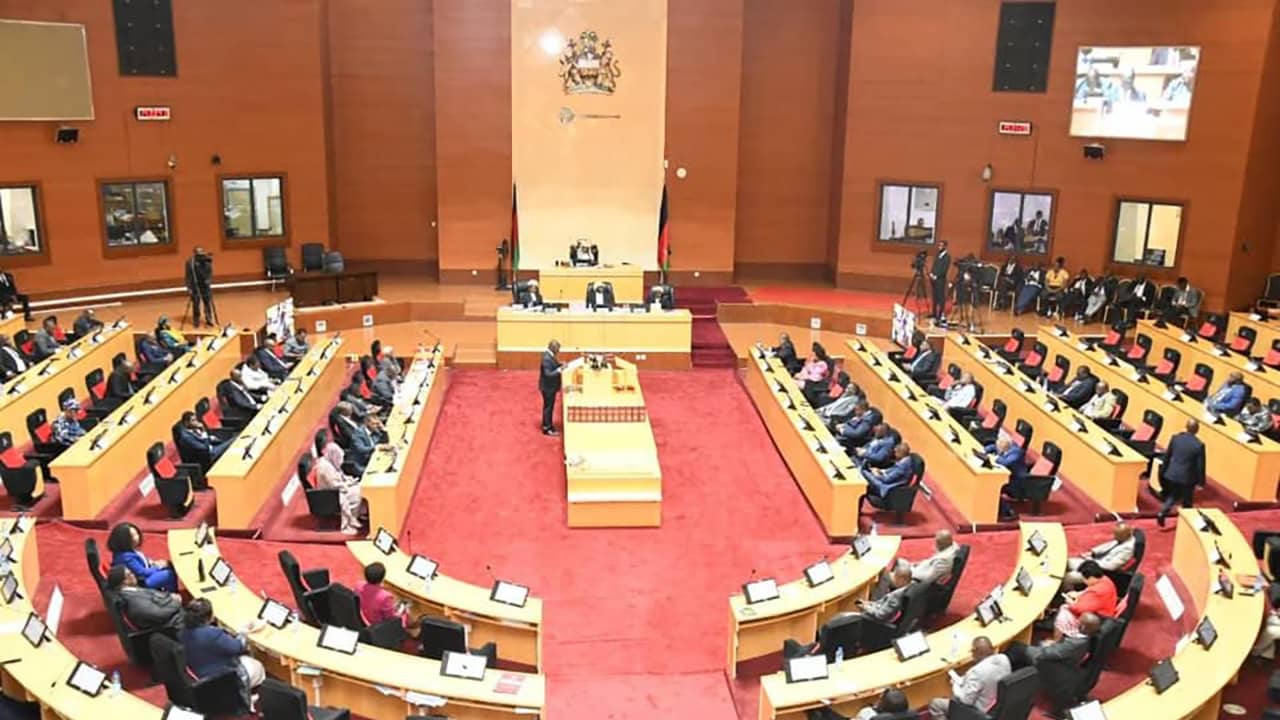16 October 2017, New York/The Hague
Parliamentarians for Global Action (PGA) welcomes the decision of at least nine of the twenty-four Senators to speak out against the bill reintroducing the death penalty in Filipino law, more than ten years after it was abolished for the second time in the history of the country. Among the nine parliamentarians who rejected capital punishment are PGA leading Member Sen. Antonio Trillanes, and Sen. Leila de Lima, who was the victim of a politically motivated arrest earlier this year.
This development follows the overwhelming vote the House of Representatives on 7 March 2017, which approved the first bill of the Legislature, introduced by two majority MPs with the aim of reintroducing the death penalty in Filipino law. According to media sources, some Legislators had been threatened by the Speaker of the House and co-author of the bill that they would lose their positions in committees if they did not vote in favour of the bill.
On 17 October 2017, the Senate Committee on Justice and Human Rights and the Senate Committee on Constitutional Amendments and Revision of Codes will be discussing the bill. The Chairman of the Committee on Justice and Human Rights has already refused to defer this deliberation.
The reintroduction of the capital punishment had been one of the electoral promises made by now President Rodrigo Duterte before his election in 2016, as a way to fight drug trafficking in the country, despite the fact that the Philippines have ratified in 2006 the Second Optional Protocol to the International Covenant on Civil and Political Rights which bans the use of the death penalty. This treaty does not allow State Parties to withdraw from it, which would put the Philippines in violation of its international obligations if it were to reintroduce the capital punishment.
While thanks to the courageous stand taken by Senators it now seems unlikely that the death penalty will be reinstated into Filipino law, PGA calls on the parliamentarians of the Philippines to continue to hold their government accountable for its actions and to ensure that the human rights of all those under the jurisdiction of the Philippines are respected. Human Rights Watch estimates that since President Duterte took office in June 2016 more than 7,000 individuals have been victims of extrajudicial executions in the name of the “war on drugs”.
Due to several Philippine senators’ vocal opposition to and the public outcry against the reinstatement of death penalty in the country, the Chairman of the Philippine Senate’s Justice and Human Rights Committee has decided to defer the deliberation of the bill on the matter, pending the resolution of issues surrounding it. Foremost of these issues is the bill’s conflict with the Philippines’ commitment under the International Covenant on Civil and Political Rights, to which the country acceded to and which is now part of the law of the land. Passing it would be a violation of this treaty. Suffice it to say that, for now, the death penalty bill in the Senate is dead.
Nevertheless, I and a number of other senators in the Philippines will remain vigilant and will continue to block the passage of the death penalty bill should the current administration put pressure on the Senate and urge its passing. Sen. Antonio Trillanes, PGA Member
Contact:
New York
Dr. David Donat-Cattin
Secretary General
Tel. +1.646.287.5479
The Hague
Ms. Marion Chahuneau
Program Officer
Int'l Law and Human Rights Program
Tel. +31.70.360.4433






